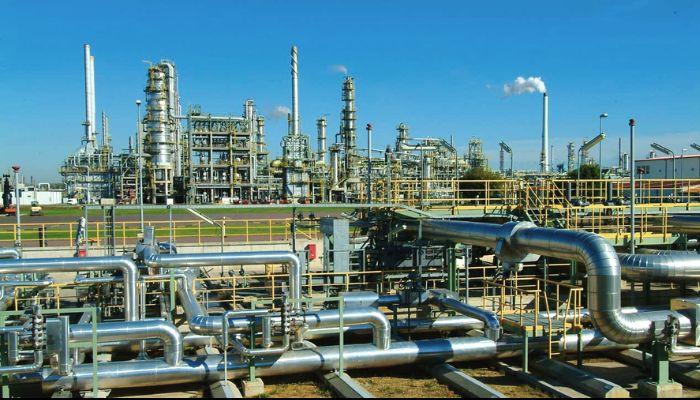…As Dangote Refinery gains dominance, experts warn that a lack of competition may drive up fuel prices and stifle innovation.

When the Dangote Refinery was commissioned in May 2023, it was widely celebrated as the dawn of a new era in Nigeria’s downstream petroleum sector. With an astounding refining capacity of 650,000 barrels per day—far exceeding the country’s current consumption levels—the refinery has the potential to eliminate fuel imports and guarantee self-sufficiency. But industry experts are raising red flags: could Dangote’s dominance threaten competition?
As the sole mega-refinery operating in Nigeria, Dangote controls not just refining but also extends into distribution and retail. This vertical integration, if unchecked, could result in anti-competitive practices such as price manipulation, depot access restrictions for independent marketers, and minimal consumer choice.
“We welcome Dangote’s capacity,” says Dr. Tolu Adebayo, a petroleum economist. “But competition is key. One dominant player could lead to price manipulation, restricted access, and minimal consumer choice.”
Nigeria’s Petroleum Industry Act (PIA) and the Federal Competition and Consumer Protection Act (FCCPA) were designed to prevent such outcomes. However, enforcement remains a concern. Regulators like the Nigerian Midstream and Downstream Petroleum Regulatory Authority (NMDPRA) and the FCCPC are being urged to create incentives for modular refineries and remove barriers to market entry.
Without a competitive framework and regulatory vigilance, Dangote’s potential to stabilize supply might become the foundation of a private monopoly.
